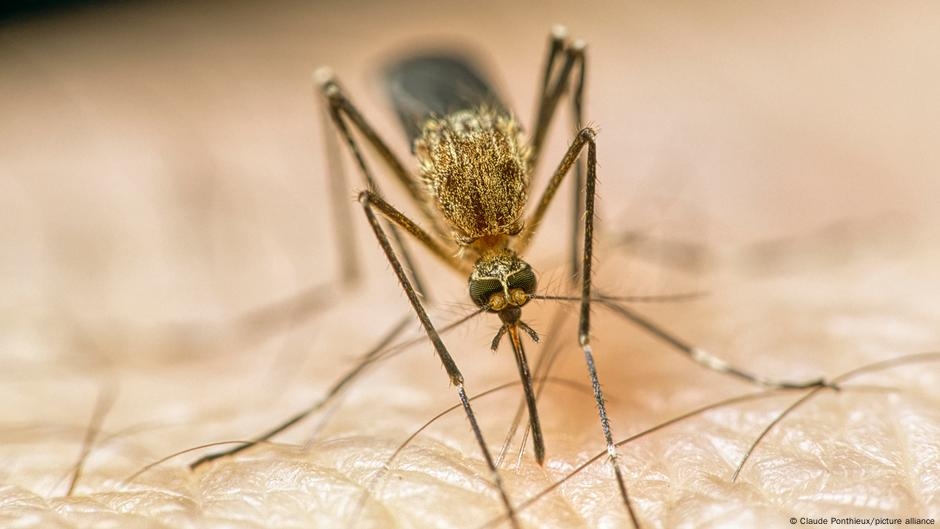Climate change: UN report reveals shortcomings – where is the motivation for climate protection? A commentary

Shortly before the COP30 climate conference, the world is once again feeling the effects of the climate crisis: Hurricane Melissa, dubbed the "storm of the century," is sweeping across the island nation of Jamaica today. Major damage and loss are expected, but the full extent is not yet clear.
Hurricanes like this could become more frequent in the coming years. Climate change is inevitably leading to more intense storms – with stronger wind speeds, heavier rainfall, and greater destructive power. The more the earth warms, and with it oceans like the Atlantic, the more energy hurricanes gain. The consequence is clear: More people will lose their lives in connection with hurricanes in the coming years.
This shouldn't leave us indifferent. Just like the other consequences of climate change, such as heatwaves and floods, which we are directly affected by. It should be motivation enough to prevent the climate crisis from progressing further. But this motivation is completely lacking in the global community at the moment. This is demonstrated by the UN report on nationally determined contributions under the Paris Climate Agreement, published in the run-up to the COP30 World Climate Conference. Only a third of all countries have submitted new climate action plans on time. While these are more ambitious than previous ones, they alone will not be enough if the biggest polluters put the brakes on.
This includes the EU, which also missed the deadline. A catastrophic signal. At a time when the US is withdrawing from climate protection, the EU would have had the opportunity to lead the way. Instead, it is blocking the processes. It is imperative that EU environment ministers adopt new plans promptly so that the UN Climate Change Conference has a reliable foundation on which groundbreaking successes in climate protection can be achieved.
rnd





